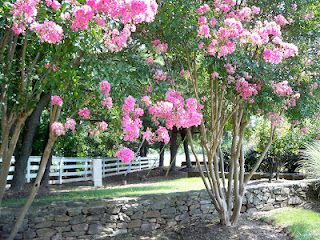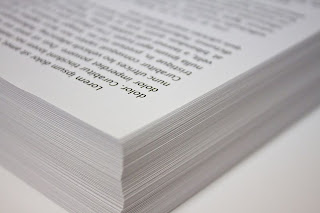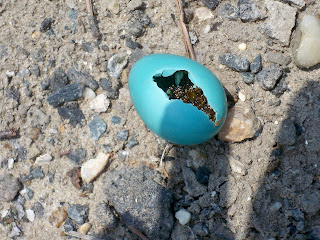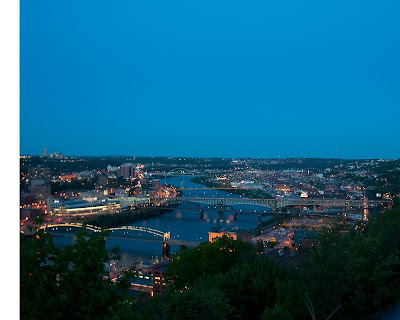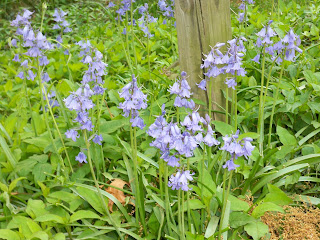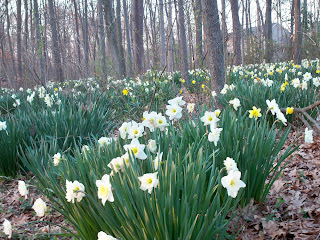Today is the birthday of Harper Lee, who was born in 1926 and still lives in her hometown of Monroeville, Alabama. She has written one book, To Kill a Mockingbird; it won the Pulitzer and has sold more than 300 million copies.
“I still plod along with books. Instant information is not for me. I prefer to search library stacks because when I work to learn something, I remember it,” Lee said in a 2006 issue of Oprah magazine.
The Monroe County Public Library, I wonder, is that the library she searches? Or the library of Alabama Southern Community College, located in Monroeville? I scan the college website and find a notice for the 15th annual Alabama Writer’s Symposium, with its topic “Write Out of Place,” being held (yes) this weekend.
Here’s how the symposium is advertised, first with this quotation from Katherine Mansfield: “How hard it is to escape from places. However carefully one goes they hold you — you leave little bits of yourself fluttering on the fences — like rags and shreds of your very life.”
And then with the following: “When Mansfield wrote those lines, she could have been describing the way that Alabama authors often find themselves in relation to their home. Whether they set stories lovingly in Alabama, loathingly in Alabama, or deliberately not in Alabama, place becomes a part of who they are. … The 2012 Alabama Writers Symposium explores the ways in which Alabama writers are affected by their ‘placehood,’ the ways in which Alabama as a place informs their literary efforts.”
Lee lived in New York for a while, and she spent time away in college and when she was helping her childhood friend, Truman Capote (another native of Monroeville), research In Cold Blood in Kansas. But she has spent most of her life in Monroeville. She has not escaped from her place; she doesn’t seem to have wanted to.
